Best Interventional Radiology Hospitals in India
Best Interventional Radiology Hospitals in India are at the forefront of minimally invasive medical care, offering highly advanced procedures guided by advanced imaging technologies such as CT, MRI and ultrasound. These top-tier hospitals are internationally accredited and recognized for delivering precise, safe and effective treatments across a wide range of conditions. India's leading interventional radiology hospitals specialize in treating vascular diseases, liver cancers, uterine fibroids, spine fractures and more, without the need for open surgery.
Using the latest techniques and equipment, these hospitals provide targeted care that reduces pain, minimizes risk and promotes faster recovery. With internationally trained specialists, best infrastructure and JCI-and NABH-accredited facilities, these hospitals meet global healthcare standards. Patients from around the world are drawn to India not only for its clinical excellence but also for its cost-effective care, with treatments priced 60-70% lower than in many Western countries.
These hospitals also offer comprehensive medical tourism services, including visa support, travel coordination and accommodation assistance, making the journey stress-free for international patients. Combined with personalized treatment plans and shorter hospital stays, the Best Interventional Radiology Hospitals in India provide unmatched value and quality in modern medical care.
Get a free cost estimate

Apollo Hospitals, Greams Road, Chennai
Chennai, IndiaEstablished in 1983, Apollo Hospitals on Greams Road in Chennai stands as the flagship hospital… View More
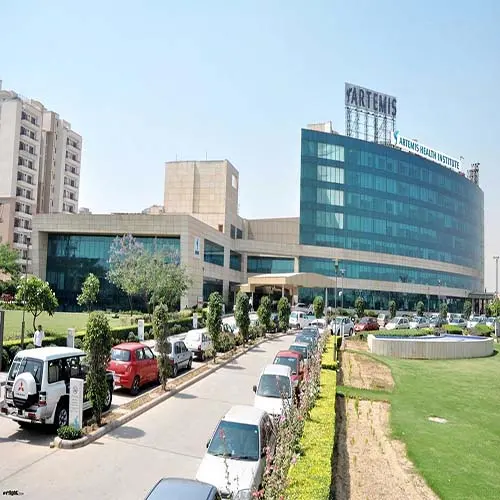
Artemis Hospital, Gurgaon
Gurgaon, India400+ Full-Time Doctors 12 Centers of Excellence 40+ SpecialtiesArtemis Hospital is a renowned multi-specialty hospital… View More
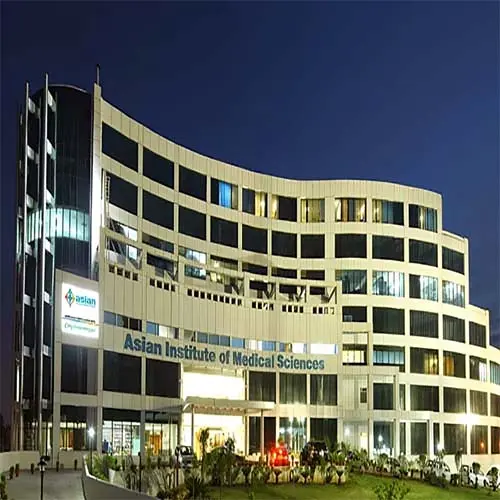
Asian Institute of Medical Science, Faridabad
Faridabad, IndiaThe Asian Institute of Medical Science is a top healthcare facility renowned for its excellence… View More
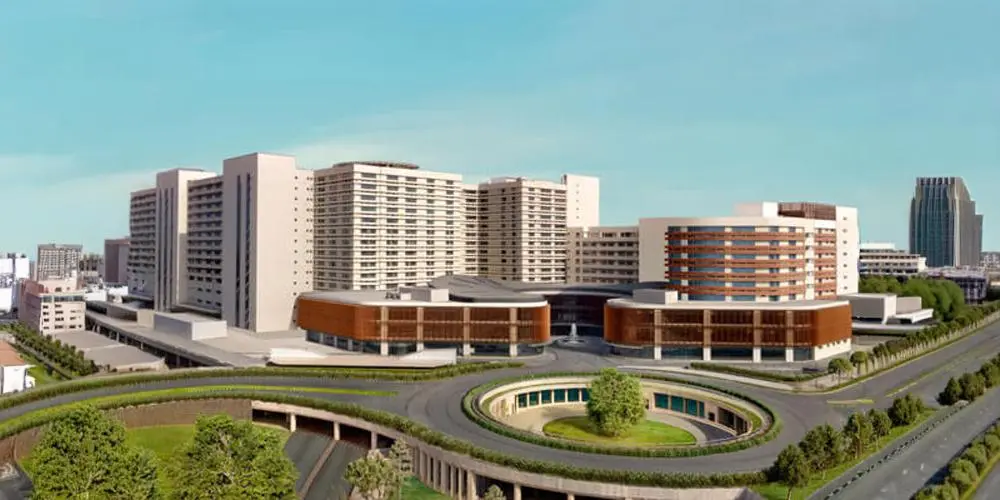
Amrita Hospital, Faridabad
Faridabad, India2600+ Bed Capacity 534 Critical Care Beds 81 SpecialitiesAmrita Hospital, Faridabad stands as a beacon… View More
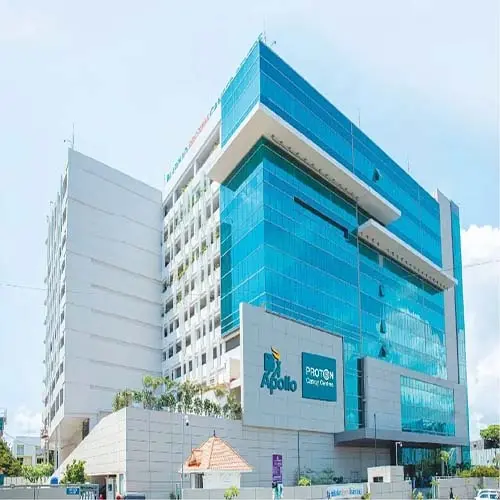
Apollo Proton Cancer Centre, Chennai
Chennai, IndiaThe Apollo Proton Cancer Centre (APCC) is India’s first and only dedicated proton therapy center… View More
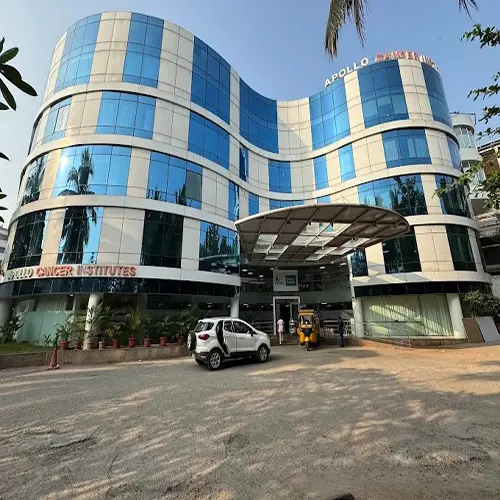
Apollo Hospitals, Jubilee Hills, Hyderabad
Hyderabad, IndiaApollo Hospitals, Jubilee Hills, Hyderabad is one of the flagship institutions of the Apollo Hospitals… View More
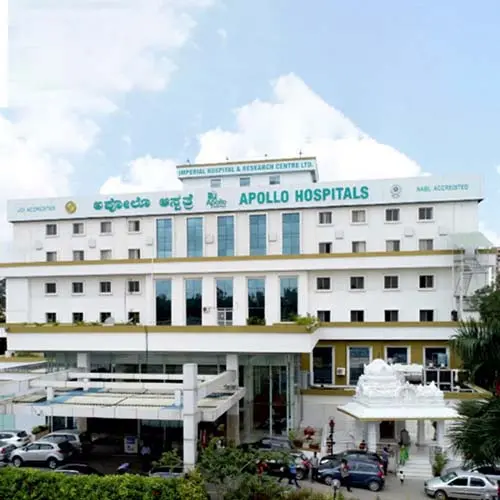
Apollo Hospitals, Bannerghatta Road, Bangalore
Bangalore, IndiaApollo Hospitals Bannerghatta Road is a renowned multi-specialty hospital in Bangalore, known for its excellence… View More
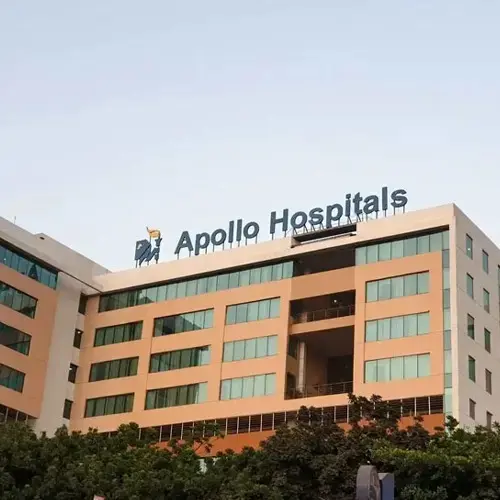
Apollo Hospital, Navi Mumbai
Navi Mumbai, IndiaApollo Hospitals in Navi Mumbai stands as one of Maharashtra's most advanced multi-speciality tertiary care… View More
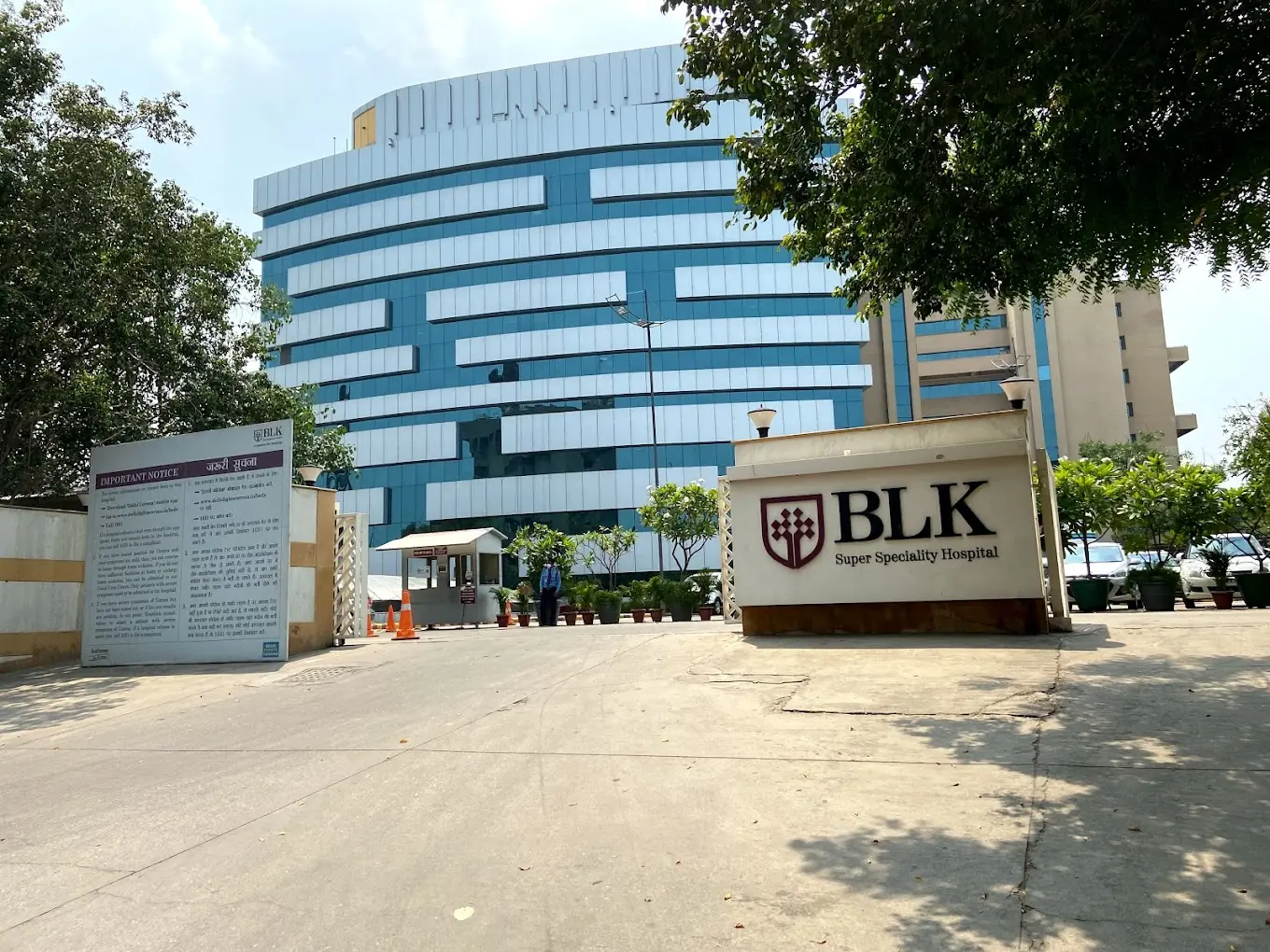
BLK-Max Super Speciality Hospital, Delhi
Delhi, IndiaBLK-Max Super Speciality Hospital, part of India’s largest healthcare network, spans an impressive 650,000 square… View More
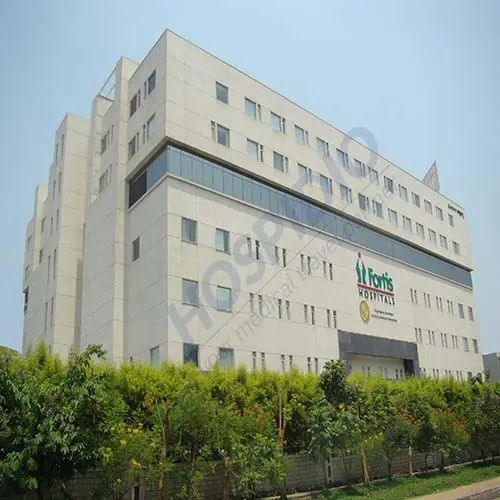
Fortis Hospital, Bannerghatta Road
Bengaluru, IndiaFortis Hospital, Bannerghatta Road, Bengaluru, is a 284-bed facility renowned for its state-of-the-art infrastructure, leading… View More
Book Appointment Chat NowFAQs
Interventional radiology (IR) is a subspecialty of medicine that utilizes imaging technologies such as CT, MRI, ultrasound, and X-rays to perform minimally invasive diagnostic and therapeutic procedures for various diseases. It eliminates the large incisions typical of traditional surgery, replacing them with small incisions for catheter systems and other specialized instruments, thereby reducing trauma, pain, and recovery time associated with larger procedures
Interventional radiology in India is used to treat a wide range of conditions, such as vascular diseases, liver cancers, uterine fibroids, kidney and gallbladder stones, spine fractures, deep vein thrombosis, and varicose veins. It also includes procedures like embolization, stenting, biopsies, and targeted cancer therapies.
There are various advantages of the interventional radiology some of are given below:
- Minimally Invasive: Requires only small incisions, resulting in less pain and scarring.
- Shorter Recovery Time: Patients recover faster compared to traditional surgeries.
- Reduced Risks: Lower risk of infection, blood loss, and complications.
- Outpatient Procedures: Many IR treatments can be performed on an outpatient basis, reducing hospital stays.
- Targeted Treatment: Allows precise targeting of the affected area, sparing surrounding healthy tissues.
The recovery time of interventional radiology treatment depends on procedure and patients overall health. Most patients can return to normal activities within a few days, while some procedures require only a few hours of observation, and more complex treatment requires one week or more for recovery.
The factors which affect success rate of interventional radiology treatment are given below:
- Patient’s Condition: The type and severity of the condition being treated.
- Timely Diagnosis: Early detection often leads to better outcomes.
- Technology and Expertise: Advanced imaging technology and experienced radiologists improve success rates.
- Patient Compliance: Adherence to post-procedure care and follow-up recommendations.
- Underlying Health Factors: Overall health, age, and comorbidities of the patient can influence results.
